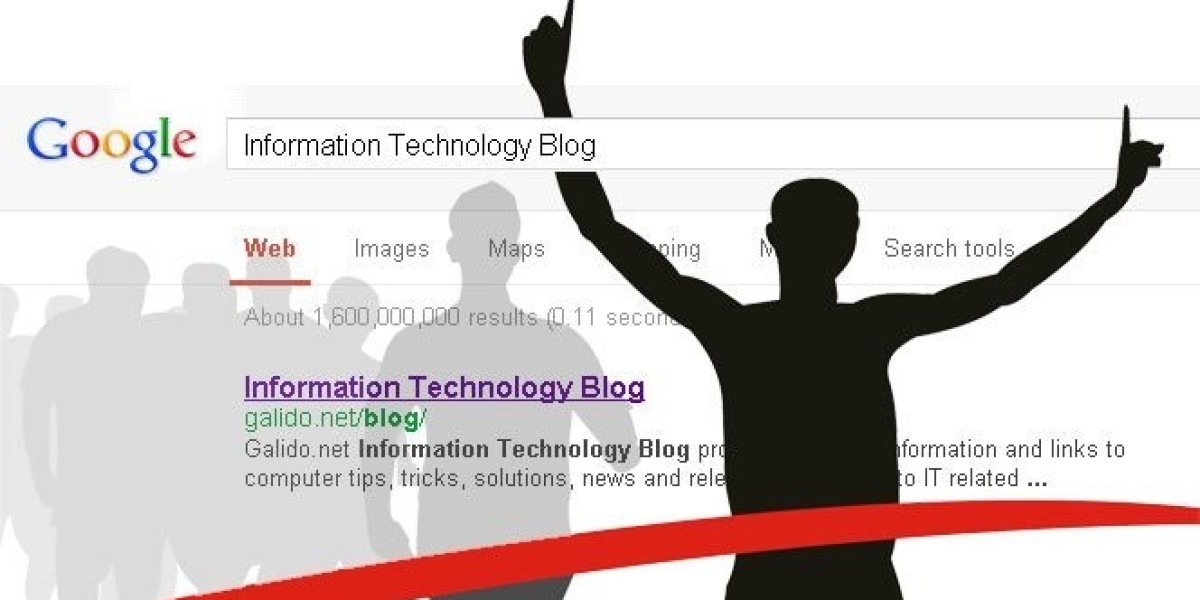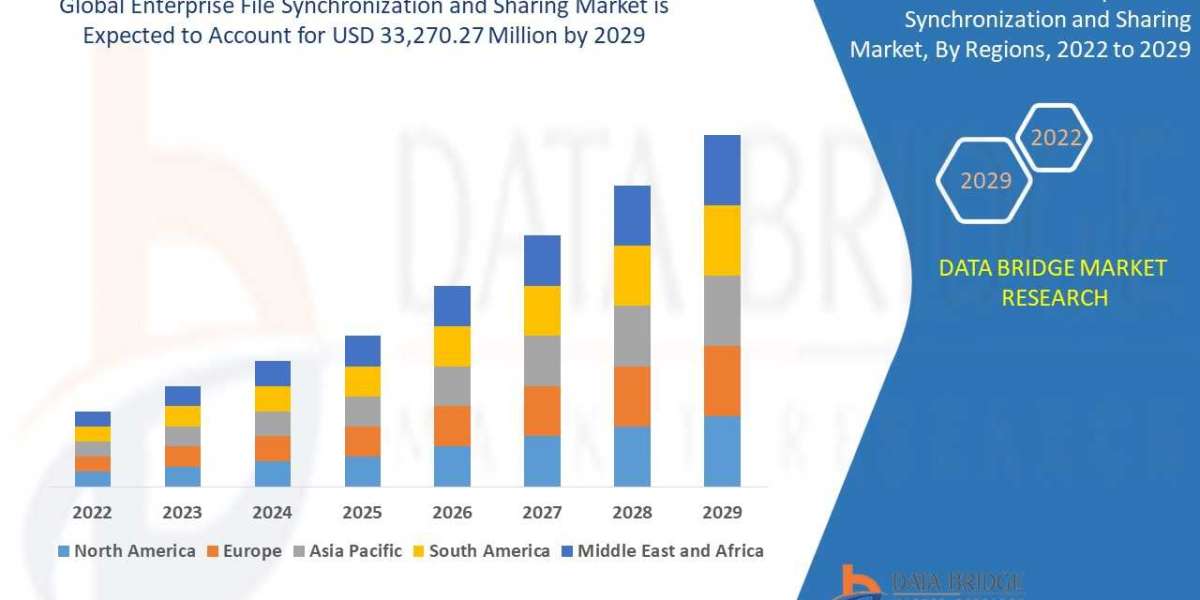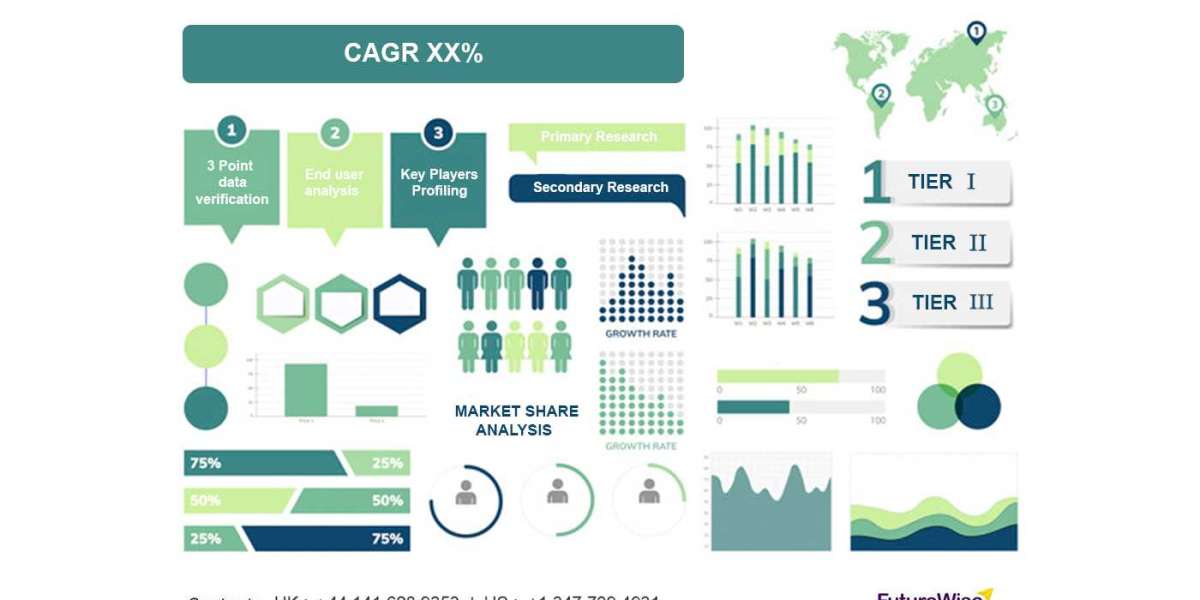The use of computers, software and network equipment to manage, store, process and transmit information is called information technology (IT). IT has been a rapidly evolving field, with new technologies emerging every year that have led to significant advances in all industries.
The importance of IT cannot be overstated as it has become an essential part of every business. This article examines the latest IT trends, how they affect the industry, and how businesses can benefit from these changes.
Trends in IT
IT (information technology) is a constantly evolving field that affects all aspects of modern society. IT has become a critical part of many industries, from healthcare and finance to retail and transportation, and new advances and innovations emerge every year. To stay competitive and succeed in business in this ever-changing environment, it is important to stay abreast of the latest trends and developments.
Artificial Intelligence (AI) and Machine Learning (ML):
Artificial intelligence and machine learning are two of the most important IT trends. They allow companies to automate previously manual tasks such as customer service, data analysis and decision making. Artificial intelligence and machine learning algorithms are constantly evolving, and companies that can harness their power can gain a significant competitive advantage.
Cloud Computing:
Another important trend in the IT industry is cloud computing. It allows businesses to store data and applications locally and access them remotely. Cloud computing is affordable, scalable and offers a high level of information security. Many companies are moving to cloud computing to reduce IT costs, increase flexibility and productivity.
https://galido.net/blog/what-is-information-technology/
Internet of Things (IoT):
The Internet of Things (IoT) is a network of interconnected physical devices, vehicles, equipment and other objects embedded with electronics, software, sensors and network connections that enable these objects to collect and exchange data. The Internet of Things is transforming many industries, including manufacturing, healthcare, transportation and retail. This opens up new opportunities for businesses to improve efficiency, cut costs and improve customer experience.
Blockchain:
Blockchain is a decentralized digital ledger that records transactions securely and transparently. It can change the way businesses operate by providing a secure and efficient method to authenticate and transfer digital assets. Blockchain technology is already used in a number of industries, including finance, supply chain management and healthcare.
Cybersecurity:
As businesses become more dependent on technology, the risk of cyber attacks has increased. Because a single data breach can cause significant damage to a company's reputation, finances, and customer trust, cybersecurity has become a critical issue for businesses of all sizes. To protect against these threats, companies must invest in strong cyber security measures.
Benefits of IT for Businesses
Information technology has changed the way businesses operate, making tasks faster, more efficient and smoother. From task automation to real-time data and analytics, IT has a significant impact on productivity, savings and customer experience. By adopting the latest IT trends and technologies, companies can gain a competitive advantage, reduce costs and improve efficiency.
Better productivity:
Information technologyhas the potential to improve business operations by automating tasks and reducing employee workload. This can increase productivity by allowing companies to produce more with fewer resources.
Better customer experience:
Information technology can help companies provide more personalized and efficient services, enabling them to provide a better customer experience. For example, companies can use AI and ML to analyze customer data and provide recommendations tailored to their specific needs.
Cost savings:
IT departments can save money by automating tasks and streamlining processes. In particular, cloud services have the potential to save companies money on hardware, software and maintenance.
Increased efficiency:
By providing real-time data and analytics, IT can help businesses run more efficiently. In this way, companies can make quick, informed decisions, improve processes and identify areas for improvement.
Competitive advantage:
Companies gain a competitive advantage by adopting the latest IT trends. Companies that use AI and ML to automate tasks, for example, are able to provide faster and more accurate services than their competitors.
Conclusion
Information technology has become an integral part of every business and the industry is changing as a result of the latest IT trends. Companies that can harness the power of artificial intelligence and machine learning, cloud services, the Internet of Things, blockchain and cybersecurity can gain a significant competitive advantage. IT can help businesses increase productivity, improve customer experience, reduce costs, increase efficiency and gain a competitive advantage.









